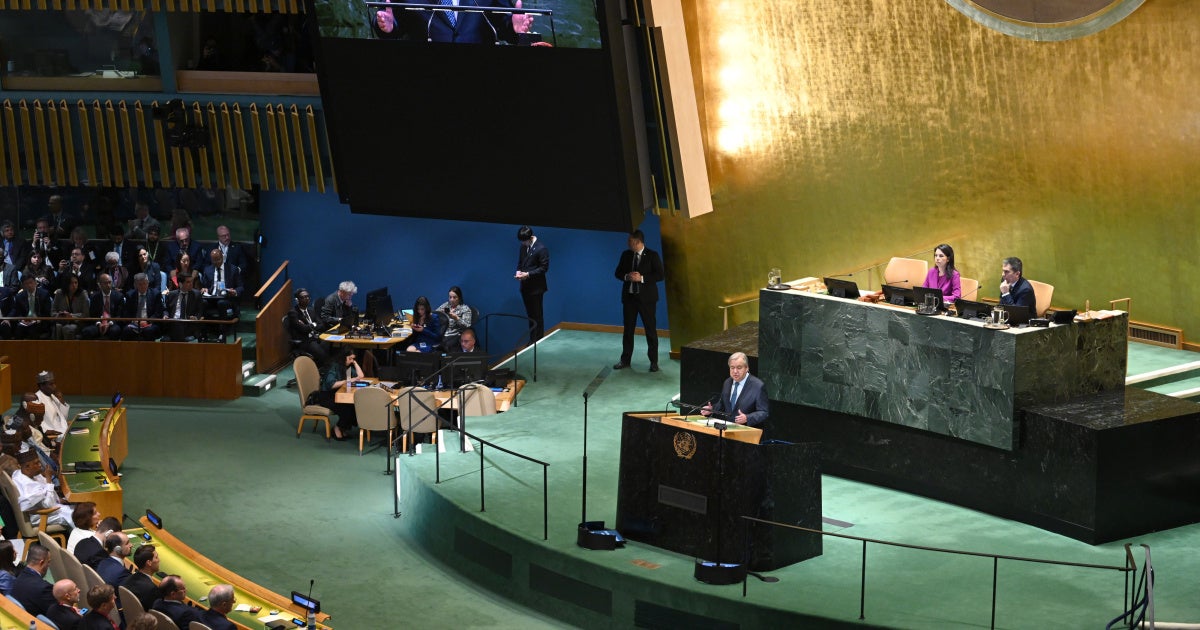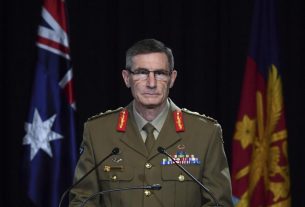In February 2026, it will be 80 years since the United Nations selected its first secretary-general, a man. Since then, eight other people have had that job, all men. Surely, it’s long past time a woman held the post.
António Guterres, the current secretary-general, completes his term in December 2026. Maneuvering over his successor is well underway. Also underway is a campaign, by 1 for 8 Billion, for the next secretary-general to be a woman. Several women have put themselves forward.
We are in the midst of a global human rights crisis, especially for women. The UN estimated in 2022 that at the current rate, it would take 300 years to achieve gender equality. But even that now seems overly optimistic. By 2025, the UN was reporting that a quarter of countries were experiencing a backlash against women’s rights.
Authoritarianism is rising, and misogyny is a common tool of authoritarian leaders. Conflict is also rising to levels not seen in this post-World War II era. In the past decade there has been a 50 percent increase in the number of women and girls living in conflict, with devastating consequences, including exacerbating gender inequality.
Women’s full participation in all decision-making is a core UN principle. Adopted in 2000, UN Security Council Resolution 1325 on Women, Peace, and Security established that women should be full, safe, equal, and meaningful participants in all discussions about their country’s future, including peace talks. In 2024, the UN Committee on the Elimination of Discrimination Against Women issued guidance on how countries can reach decision-making gender parity and why they are obliged to.
Women’s participation is crucial because women are half the population. It is also especially needed in this period of rising conflict; research shows when women are fully involved peace processes more often lead to agreement, and agreements are more likely to be carried out.
The UN has responsibility for ensuring women’s participation and gender equality. The UN Sustainable Development Goals urge countries to “end all forms of discrimination against all women and girls everywhere” by 2030.
Those efforts should include the UN secretary-general selection process. All member states should present and support strong female candidates with a proven track record on human rights. With a diverse candidate pool in place, member states should select the most qualified candidate. In these perilous times we cannot afford an all-men’s club at the top of the UN.



